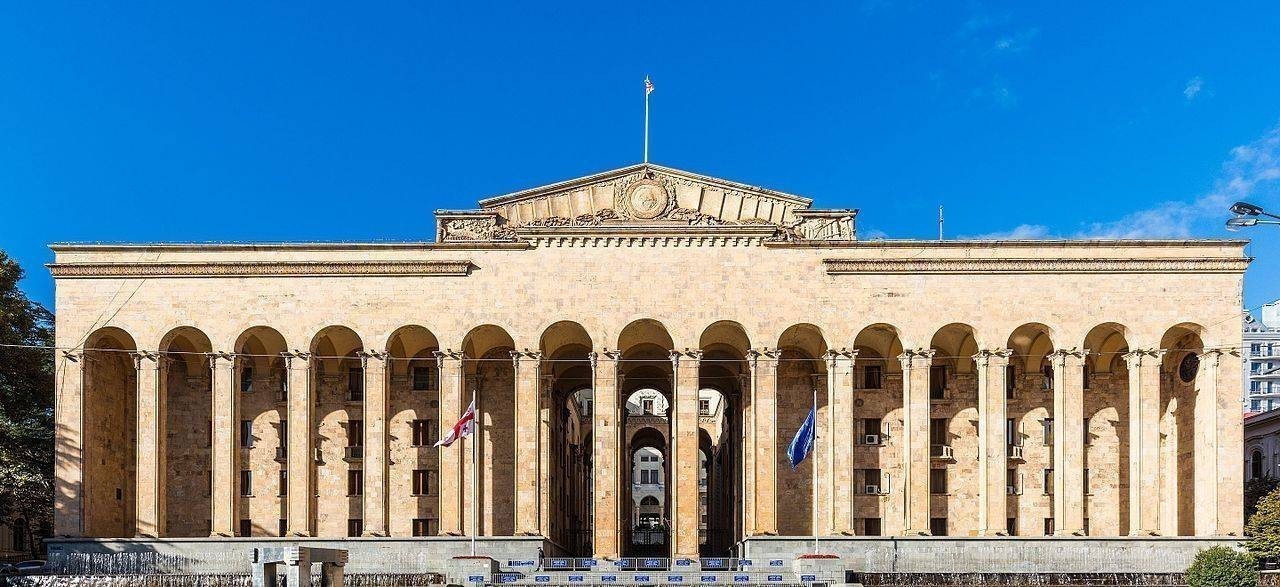საერთო ცხელი ხაზი +995 577 07 05 63


The undersigned organizations would like to express our profound concern about the possible removal of fundamental protections from the proposed reform package of the Labor Code currently under consideration in the Georgian parliament. The package seeks to bring the country’s labour legislation closer to international human rights standards and best practices. The package of amendments in the Labor Code, currently under the review in the parliamentary committees, is part of the legislative harmonization process envisioned under the EU-Georgia Association Agreement, and are vital for ensuring basic workers’ protections and have the potential to lay the groundwork for further improvements in the coming years.
More than a decade of deregulation has left the Georgian workers without necessary labour protections. Workplace discrimination, health and safety violations, ambiguous and informal arrangements regarding work shifts and overtime work, the absence of mandatory weekly rest, breaks during shifts, and other violations of labour rights are common and pervasive throughout the country.
This legislative package, developed through a year-long participatory process, was intended as a sweeping reform of the Labor Code. However, under well-coordinated industry pressure, the bill has undergone major changes prior to its introduction in the parliament. Such provisions as setting the explicit cap on overtime work were removed, as were provisions regarding minimum wage and solidarity strikes. Revisions intended to define the exclusive set of justifications for dismissal were also dropped.
Nevertheless, the current version of the bill introduces major changes that will lead to tangible improvements for all workers. The package defines new regulations regarding overtime pay, night shifts, mandatory weekly rest, and breaks during shifts. It also provides for better regulations for interns, part-time workers and night shift workers. The package also introduces such anti-discrimination standards as reasonable accommodation and equal pay for equal work.
Perhaps most importantly, the package also includes the extension of the Labor Inspection mandate to all aspects of labour rights. Narrowly focusing on workplace safety, the current mandate is limited in scope and does not cover the enforcement of labour rights in general. Furthermore, while the establishment of the Labor Inspectorate in 2015 was a welcome step forward in ensuring basic protections for workers, it remains underfunded and inefficient. Institutional empowerment of the Labor Inspectorate, which this reform package would advance, is a necessary precondition for guaranteeing workplace justice and safety in Georgia. It is evident that expansion of the mandate, along with setting the minimum overtime pay, is under special pressure from the special interest lobby.
The current, limited mandate of the Inspectorate does not fulfil Georgia’s international obligations, especially under the European Social Charter and ILO conventions. The ILO Labor Inspection Convention stipulates that among the points for a minimal scope for a labour oversight inspection is the mandate to check conditions “relating to hours, wages, safety, health and welfare, the employment of children and young persons, and other connected matters,” most of which are outside the current mandate of the inspection. In addition, the European Social Charter requires states to maintain a system of labour inspection of the rights protected by the charter, which includes limits on daily and weekly work hours.
Even though the proposed changes concern basic protections and some of the most fundamental rights of workers, it has been met with fierce opposition from industry groups exerting oversize influence both formally, in Parliament, and evidently through informal channels. Consequently, the reform package is now under threat. With only a few sessions left before the end of the current setting there is a growing risk of the package being stalled or of it failing due to industry pressure, which carries with it the risk of failing to fulfil commitments laid out in the Association Agreement.
Moreover, unfortunately, new provisions that could weaken or harm existing workplace protections to do with the right compensation in case of unfair dismissal and the right to be reinstated were also written into the package as part of the revision. Preserving as much of the initial proposal as possible and undoing these changes is now the central task of organizations involved in this effort.
We are writing to ask for your support in ensuring the adoption of this reform package. We hope that through domestic advocacy and international support it still has the chance to be adopted. If introduced, the proposed changes would improve the working lives of hundreds of thousands of workers. If not, it would be a missed opportunity that could potentially delay the introduction of fundamental protections for some of the most vulnerable workers in the country and the elimination of workplace discrimination for years.
Signatory Organisations:
The website accessibility instruction